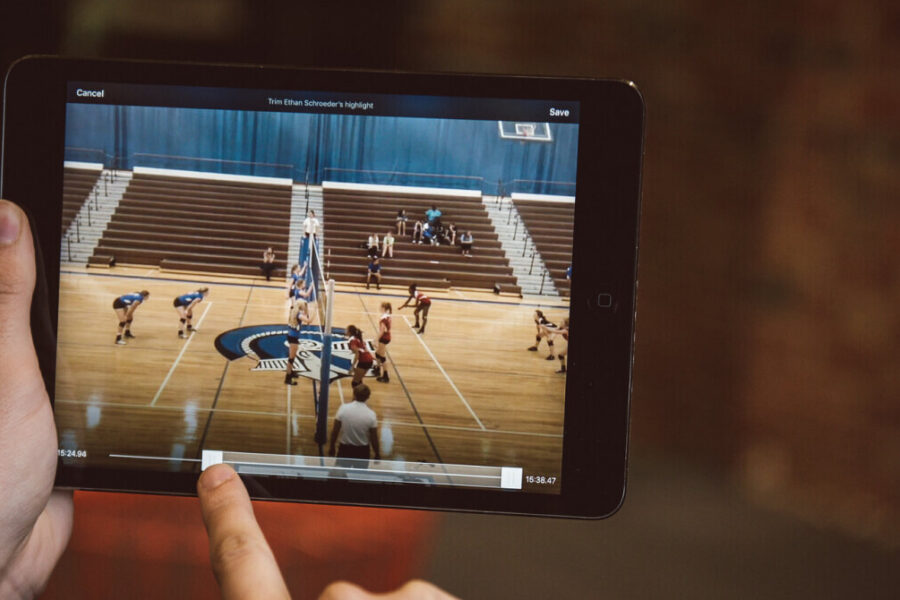Socially Distanced Development for Volleyball Players

No practice? No problem. Here’s how players can improve on their own.
Mental Training
The only way to improve your serve, swing, set (insert any volleyball skill here) is through commitment, hard work and patience. The same goes for the brain. The most successful players choose a positive attitude, maintain a high level of self-motivation, set high, realistic goals, use positive self-talk, and deal effectively with people. But these skills don’t happen overnight and they don’t always come naturally.
Encourage your players to put in the mental work now, so they can shine technically and physically when they’re on the court again.
Strength Workouts
Staying active during this time will make the first practice back a little easier, but it’s also crucial for injury prevention. The good news is there are a ton of at-home strength and conditioning workouts on YouTube—send your favorites to players to keep them moving.
You can also find ideas on Twitter and Instagram, from core work and weight training to prehab circuits designed specifically for volleyball players who are hard on their shoulders. Or create your own workouts, record and upload them to Hudl, and have players message you when they’ve completed them.
Skill Development
Playing volleyball is kind of like riding a bike—it’s hard to forget once you know it. But that doesn’t mean you want players to go months without touching a ball. So we rounded up some of our favorite drills they can do at home. The best part? For most of these, all they need is a wall and a ball.
Officiating
You know how it goes. The first tournament is around the corner and you’re scrambling to train your players on how to keep score, track the libero and be the down referee. Use this downtime to get your team trained up so it’s smooth sailing once matches start.
Not sure how to get started? Here are some ideas:
- Set up a time for your team to watch a training video.
- Contact a local official and see if they’ll run a virtual training session with your athletes and coaches.
- When you can, host an intra-club scrimmage so your players can practice in a low-pressure environment.
Hudl Homework
If you’ve already nailed the at-home workouts and drills, switch your focus to video review on Hudl and have your players study their craft. Ask them to watch video of previous matches and create a playlist of their top five and bottom five plays. They can add comments and drawings explaining why it was a high or low moment. You can discuss these in a one-on-one call and develop a plan to address their bottom five as preparation for next season.
There are so many ways players can keep improving off the court—whether they focus on prehab, learning a new skill or planning their future. For more player development ideas and resources, check out our Remote Coaching Guide.